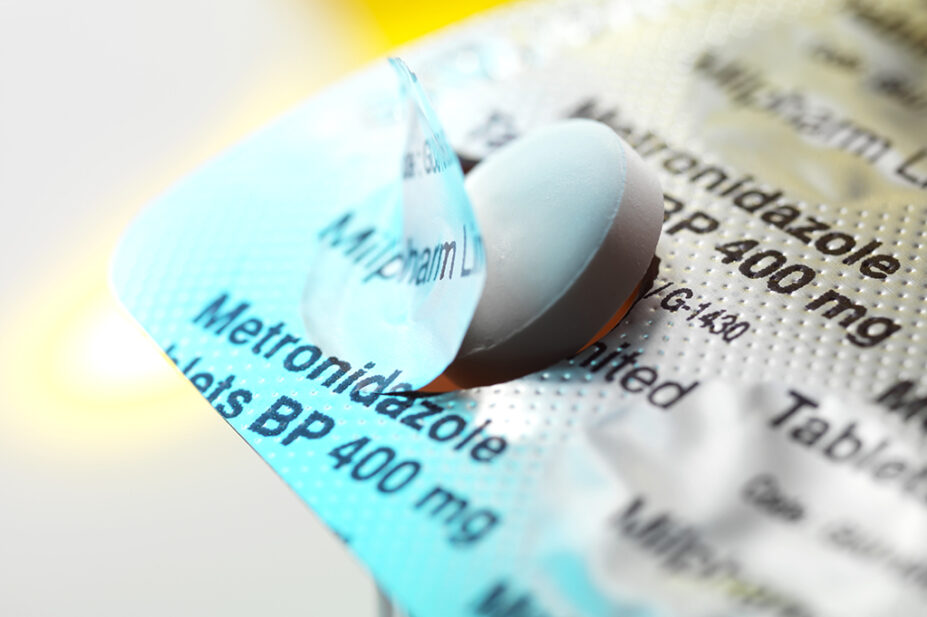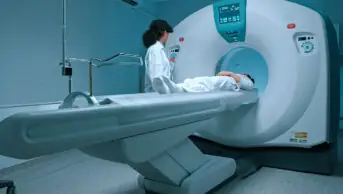
TEK IMAGE/SCIENCE PHOTO LIBRARY
People with cancer, who have taken antibiotics in the year before starting therapy with immune checkpoint inhibitors (ICIs), have a reduced chance of the therapy working and a lower chance of survival, research suggests.
A Canadian cohort study looked at records from 2,737 people who had taken ICIs for cancer between June 2012 and October 2018.
Researchers found that 59% had also received antibiotics in the year prior to starting ICI therapy and the average total duration of antibiotic treatment over one year was two weeks (30 doses).
The most common cancers treated were lung (53%), melanoma (34%) and renal or bladder (7% and 3%), and most patients received nivolumab or pembrolizumab as their first ICI.
The data also show that people who had taken any antibiotics in the year before starting treatment had a 12% reduced chance of survival (adjusted hazard ratio [aHR] 1.12; 95% CI, 1.01–1.23).
People who had been exposed to fluoroquinolones had a 26% decreased risk of survival (aHR 1.26; 95% CI, 1.13–1.40).
While the study is observational and cannot prove cause and effect, the researchers said it suggests that antibiotic therapy may reduce the effectiveness of ICI therapy.
The results also showed evidence of a dose effect with fluoroquinolones, based on numbers of weeks of exposure.
ICI therapy has become increasingly widely used in recent years and works by activating the body’s immune system T cells, which attack cancer cells. Tumours can spread by blocking activation of T cells through immune checkpoints; ICIs work to prevent tumours from blocking activation of T cells.
The immune system and the gut microbiome are strongly interlinked: a more diverse gut microbiome has been linked to health benefits, including a well-regulated immune system. Antibiotics can unbalance the gut microbiome, killing off some commensal species of bacteria and allowing others to dominate.
In an editorial accompanying the research, David Pinato, clinician scientist and consultant medical oncologist at Imperial College London, said: “Evidence for antibiotic exposure leading to selective downstream modifications in immunotherapy efficacy emerges quite strongly [from the study].”
Speaking to The Pharmaceutical Journal, he added that the negative effects of antibiotics on the gut microbiome “is one of the possible and likely explanations” for the lower survival rates seen in the study.
Commenting on the study, Ezinne Ezeala, lead clinical pharmacist for oncology at Northumbria Healthcare NHS Foundation Trust, said patients needing ICIs may well need antibiotic treatment, but that, in light of the study, clinicians could think about mitigation of their effect on the microbiome.
“If the patient is unwell and they need antibiotics, it’s difficult to hold off. What can we do if we can establish [giving antibiotics] has an impact on survival, can we give probiotics and dietary advice for patients who are going to have those treatments?” she asked.
“We do consider gut health in general before the patient starts those treatments, to boost the gut microbiome.”


